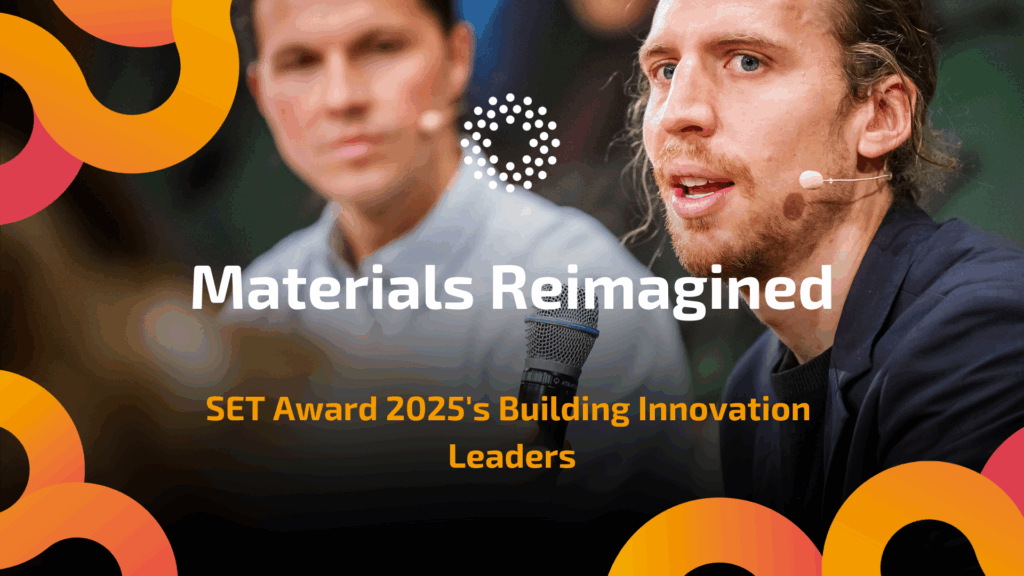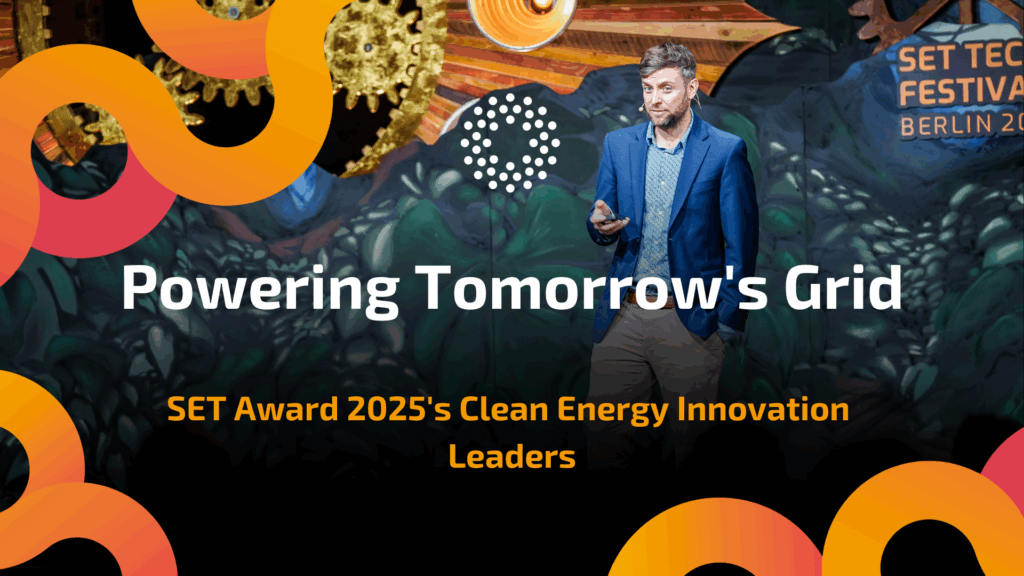Our next finalist is based in Brazil. SUNEW is focused on development, manufacturing and commercialization of OPV (Organic Photovoltaics). It has the world’s largest infrastructure in this segment, with a production capacity of 400,000 m²/year. OPV is the 3rd generation of photovoltaics, converting sunlight into electricity. It is disruptive for its features and creates a new paradigm for the solar industry, as it is extremely thin, light, flexible, translucent and highly customizable in colors, design and shapes. And who wouldn’t want that? Meet CEO Marcos Marciel and learn why OPV is needed.
Describe your product and its history! What is your unique value proposition and your business model?
OPV is the 3rd generation of photovoltaics, converting sunlight into electricity. OPV create a new paradigm for the solar industry, as it is thin, lightweight, flexible and highly customizable. These features allow solutions to different kinds of structures, yet unmet by traditional technologies, like BIPV, urban furniture, light covers, gadgets and mobility. SUNEW, launched in 2015, is the 1st company in the world with an installed capacity of 400,000 m²/year. All projects are customized and the focused customers understand that the OPV is not only a solar panel, but also a strategic product that aligns design, innovation, sustainability and marketing. SUNEW is working with different partners to create and produce innovative products.
What is your vision in regards to the future of the energy economy? And how does your product contribute to this future?
Energy demand is growing and solar potential is not yet fully explored. The future needs a technology that generates energy from renewable sources that can be applied in small spaces and is in contact with the users. SUNEW set efforts to produce a technology that has a potential low cost, uses organic, abundant and non-toxic materials and has a low energy demand in manufacturing: the Organic Photovoltaics. Furthermore, OPV also meets the expectation of the future cities, as it can be applied in vertical areas, light covers, urban furniture and in remote areas. In other worlds, the future requires OPV everywhere, generating low cost renewable energy, reducing CO2 emission and contributing to the reduction of energy consumption.
What are, in your opinion, the key challenges of the energy transition in general, and what are they specifically for your startup?
In general, the main challenge is to have energy everywhere with low cost, high efficiency and nice design. OPV brings all this to the market and our challenge is to achieve scale to its production. Once it achieves scale it will turn into a key technology for distributed energy in the cities and remote locations.
Where are you based, and who are the key innovation drivers in the energy ecosystem in your region?
SUNEW is based in Belo Horizonte / MG, Brazil. Here, the key innovation drivers in the energy ecosystem is ANEEL (Agencia Nacional de Energia Elétrica / National Electric Energy Agency).
Which results for your startup do you expect from the Tech Festival by DENA in March 2017?
From the Tech Festival we expect to introduce our innovative technology and meet like minded companies and investors to help OPV achieve scale, bring energy everywhere.
We came from the convergence of efforts of CSEM Brasil, FIR Capital, BNDES, Tradener and CMU to design the largest infrastructure in the world for the production of photovoltaic films, called OPV (Organic Photovoltaic). As a 100% Brazilian company, SUNEW began its operations in November 2015, and in order to revolutionize the solar industry in Brazil and all over the world, also has partnerships with entities as FIEMG, FAPEMIG and the Government of Minas Gerais.


